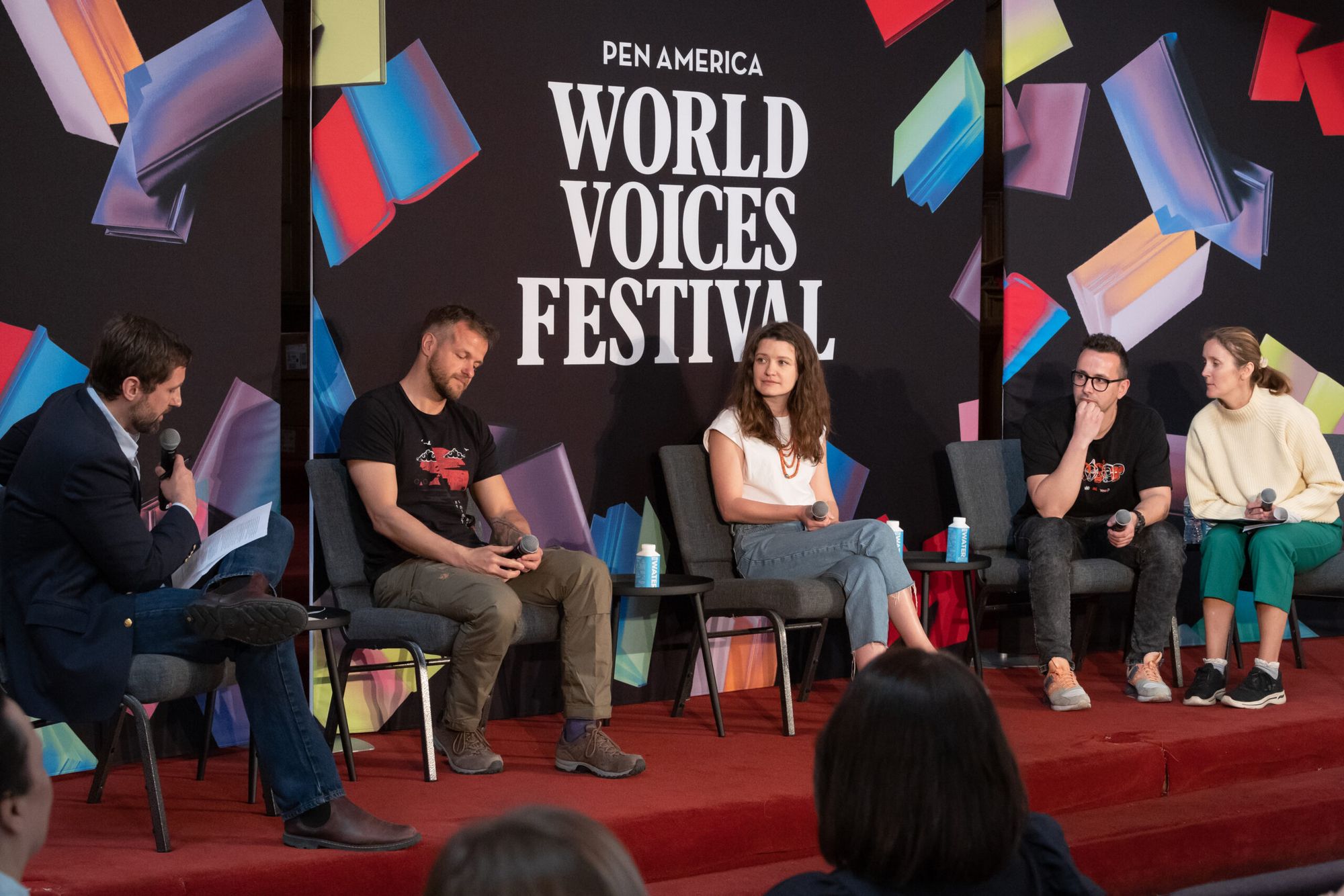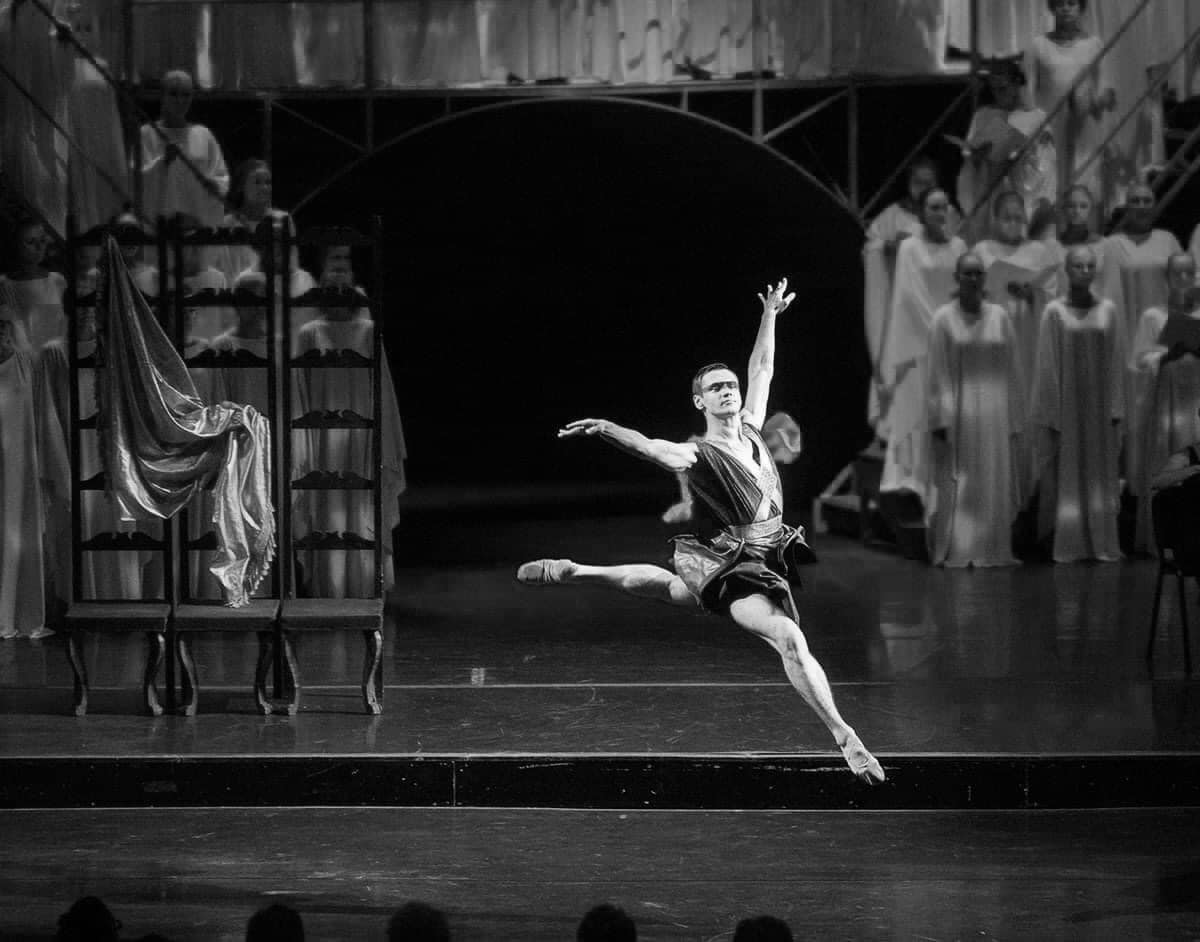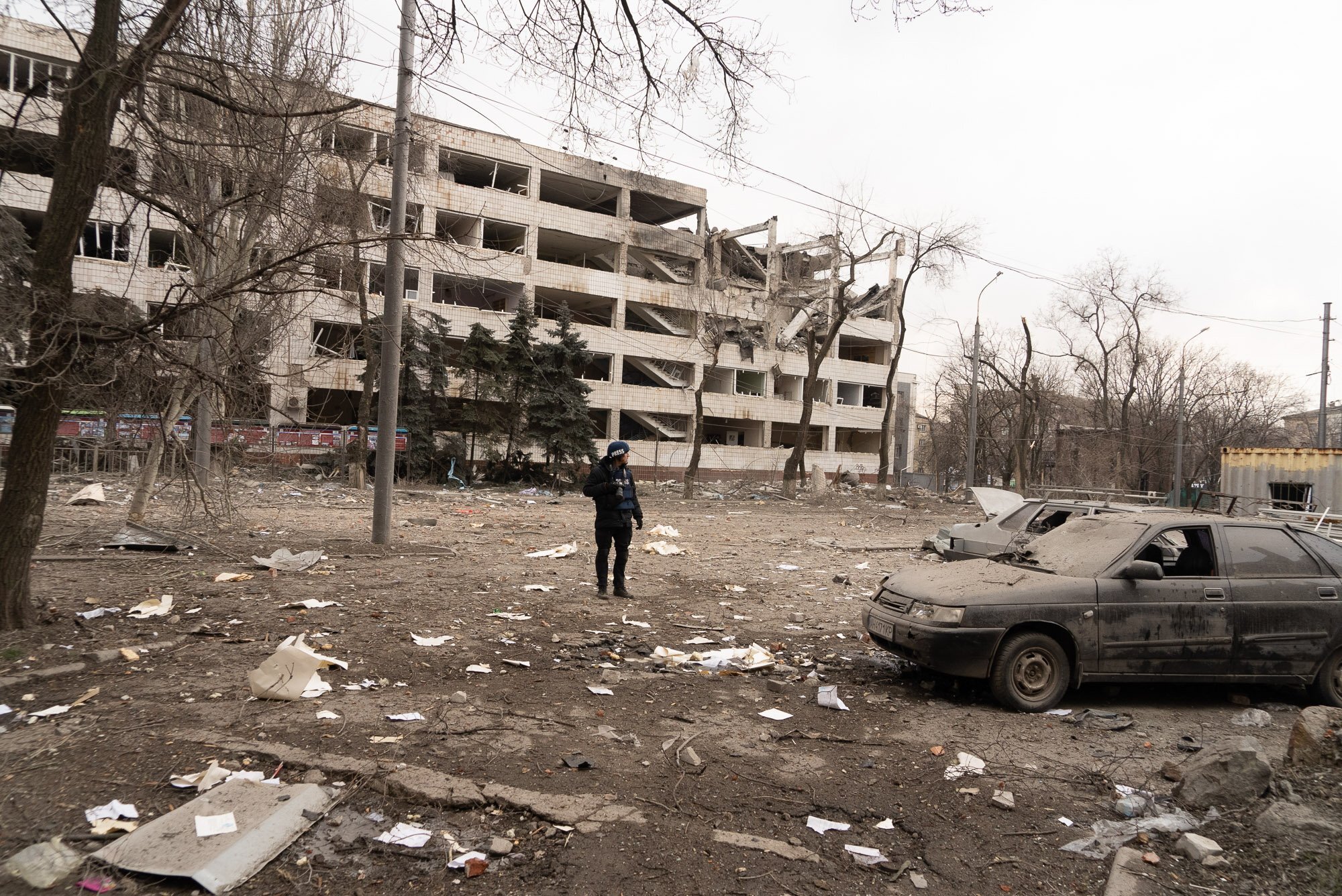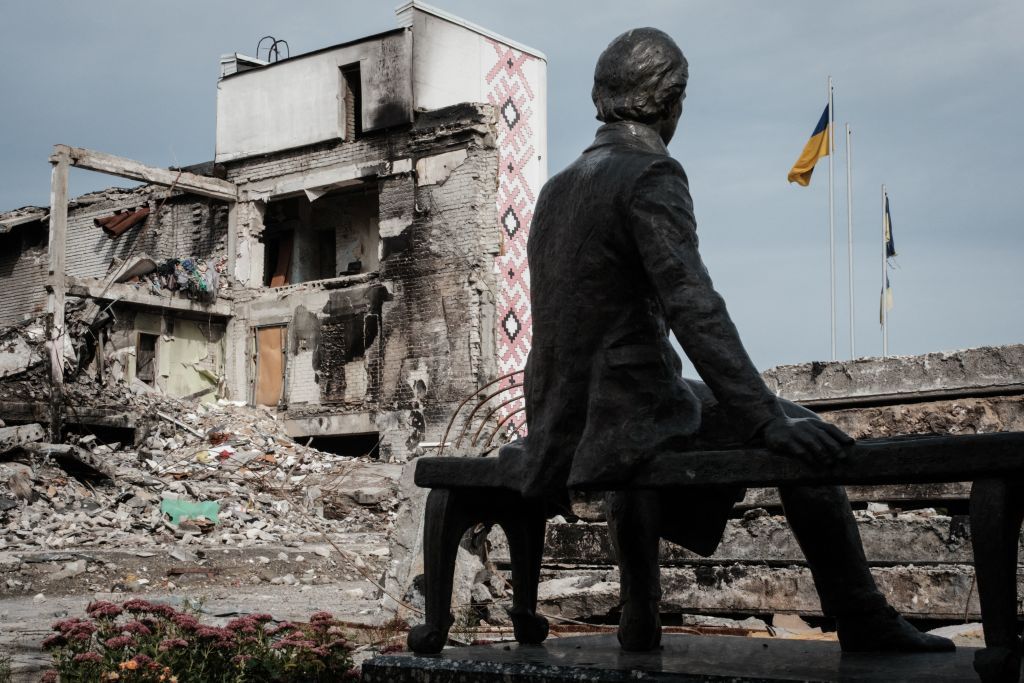BERKELEY/KYIV – When Russia launched its full-scale invasion of Ukraine in February 2022, few expected resistance to last longer than a few days. In both Russia and the West, Russian troops were expected to sweep into Kyiv, parade uniforms in hand, install a proxy government, and effectively end Ukrainian statehood.
But whereas Western leaders believed that Ukraine was no match for Russia militarily, Russian President Vladimir Putin’s confidence in a swift victory rested on a more fundamental assumption: Ukrainians would have little will to resist, because they had never actually existed. In Putin’s eyes, Ukraine’s history and identity were so bound up with Russia that its people would have no reason to risk their lives and property for the sake of sovereignty.
The war is rooted in this imperial miscalculation. The strength of Ukraine’s resistance has depended less on the military assistance provided by NATO members than on the Ukrainian people’s insistence on their own agency and destiny. Ukrainians understand that the fight is for their national survival, and that cultural decolonization is essential to it.

This has caused much handwringing in the West, where Ukrainians’ unwillingness to share the stage with Russians is still raising eyebrows. In May, for example, the Russian-American writer Masha Gessen resigned from the board of PEN America in response to the cancellation of a panel they were chairing with two Russian writers at the organization’s World Voices Festival. Two Ukrainian writers – both active soldiers – had refused to participate in an event with Russians, so the Russians were sent packing. (A similar episode occurred in Estonia earlier the same month.)
While some decried “the impulse to censor anyone Russian,” Gessen’s response to the episode was sympathetic to the Ukrainians and nuanced in justifying their resignation (Gessen uses they/them pronouns). While recognizing that “Ukrainians are constantly confronted with Russian dominance in cultural spheres and in academia,” their concern was for the “human victims” – the curators, musicians, and writers whose work was in danger of being “erased.”
The issue for Western cultural fora is not just that scores of writers, actors, singers, producers, and others signed letters supporting the annexation of Crimea in 2014 and the invasion in 2022 (with some even braggingabout their active role in killing Ukrainians). The issue is the role of Russian kulturträgers of all stripes in advancing Russian soft power. (Ironically, the Kremlin commemorated the United Nations’ Russian Language Day with a savage display of hard power, apparently blowing up the Kakhovka dam on the Dnipro river.) Seen from this perspective, deplatforming Russian culture would benefit Ukraine – and perhaps even Russians themselves.

Culture should hold up a mirror to society, revealing its failings as well as its accomplishments, and pointing to possibilities for progressive change. But Russian culture in its current state is purely ornamental, its purpose being to prettify history and sanctify violence (the Russian Orthodox Church even explicitly blessed the war).
Unlike English or French culture, Russian culture has failed even to recognize Russian imperialism, let alone reflect upon it. That needs to change if there is ever to be a durable and just peace between Russia and its former colonies.
But there is a more immediate reason for a pause: supporting Russian culture today implies financing the war. Watching a Russian movie, listening to Russian music, or attending a Russian theater performance provides Putin’s government with royalties and tax revenue.
Moreover, if Russian writers, directors, and musicians are welcome at cultural fora, businesses will believe that it is acceptable to remain in Russia (and continue to pay taxes there), citing their “responsibilities to their customers and staff.” If the soprano Anna Netrebko could openly support terrorists in Donbas in 2014 and continue singing in Philharmonie de Paris or Teatro alla Scala, why should Raiffeisen Bank be ashamed of making a €2 billion ($2.2 billion) profit in Russia in 2022?
The notion, promoted by the Kremlin, that culture transcends politics is as far from reality as Russian TV is from the truth. Russian culture has always been a part of Putin’s hybrid war against Ukraine and the West. That is why the Russian government has invested billions of dollars in projects like the Russkiy Mir Foundation, which Putin established in 2007 to promote the idea of the “Russian world,” a construct that includes all Russian speakers, whether citizens of Russia or not.
In fact, Russian language and culture have long been used as a tool to suppress smaller nations and ethnic minorities, including in the former Soviet republics. Statues of Alexander Pushkin were erected from Lviv to Bishkek. And, like any empire, Russia also appropriated the achievements of subjugated nations’ talent. Many Western cultural institutions nowadays are reclassifying Ukrainian, Georgian, and other artists long described as “Russian.” By recognizing – and rejecting – such cultural manifestations of Russian imperialism, curators, editors, and directors can discover the many treasures that post-colonial spaces have to offer.

Still, one might insist that “liberal” Russian artists deserve to be heard. Sadly, even this narrow group can be rather embarrassing. Some whitewash Putin’s henchmen and portray Russians (including Russian soldiers who kill, rape, and loot Ukrainians) as victims. Others, in line with Kremlin propaganda, call Ukrainians Nazis, or threaten the West. And still others try to convince the world that a very different Russia will emerge when Putin is gone.
Don’t bet on it. One day, Russia may indeed become a genuine democracy where imperialist aggression is unthinkable. For now, the reality is different: Putin is an organic product of Russian society. Providing a stage in New York or Cannes for the culture that has shaped that society is not going to change facts on the ground.
Gessen quotes a Ukrainian who told them that, “‘The actually good Russians are the ones who are not trying to talk to me.’” They “don’t stick their noses in our Ukrainian affairs and just deal with Russia.” In a society that seems unable to comprehend that killing civilians, raping women and girls, abducting children, and destroying homes is wrong, “actually good Russians” have their work cut out for them. Focusing on that task – which could lead to a genuine revolution in Russian culture – would be more productive than preaching to international audiences.

Editor’s Note: Copyright, Project Syndicate. The following article was published by Project Syndicate on June 7, 2023, and has been republished by the Kyiv Independent with permission. The opinions expressed in the op-ed section are those of the authors and do not purport to reflect the views of the Kyiv Independent.













